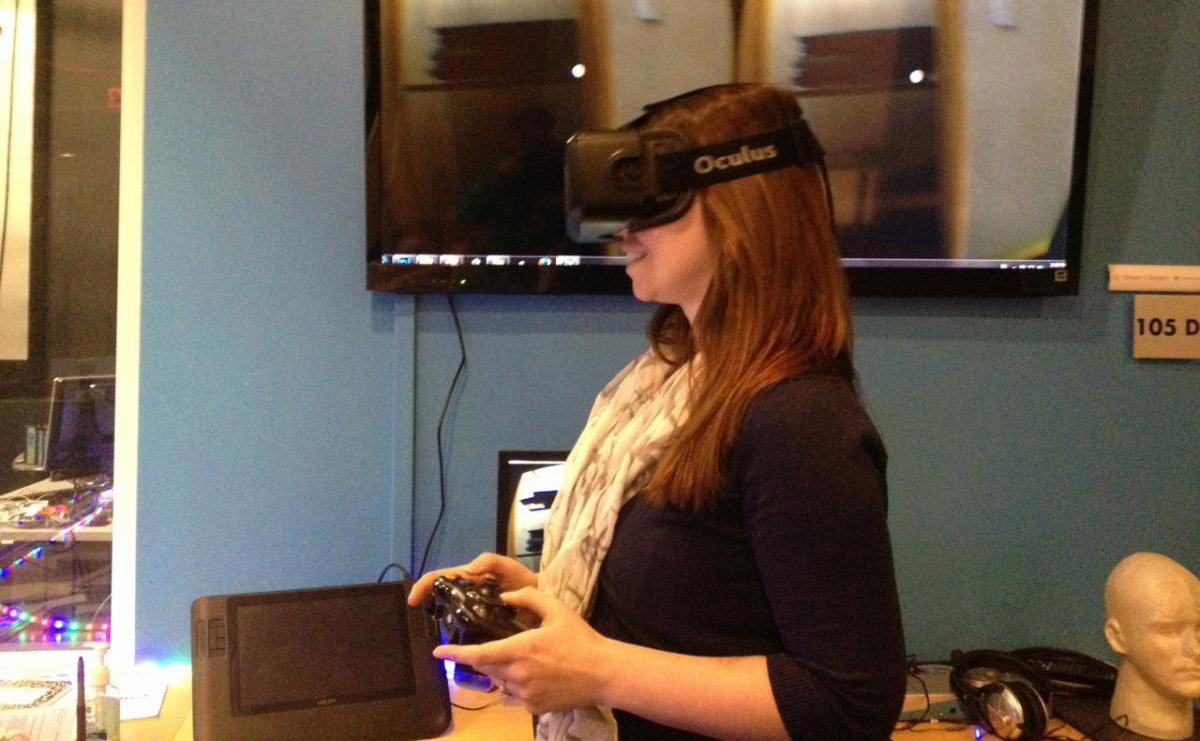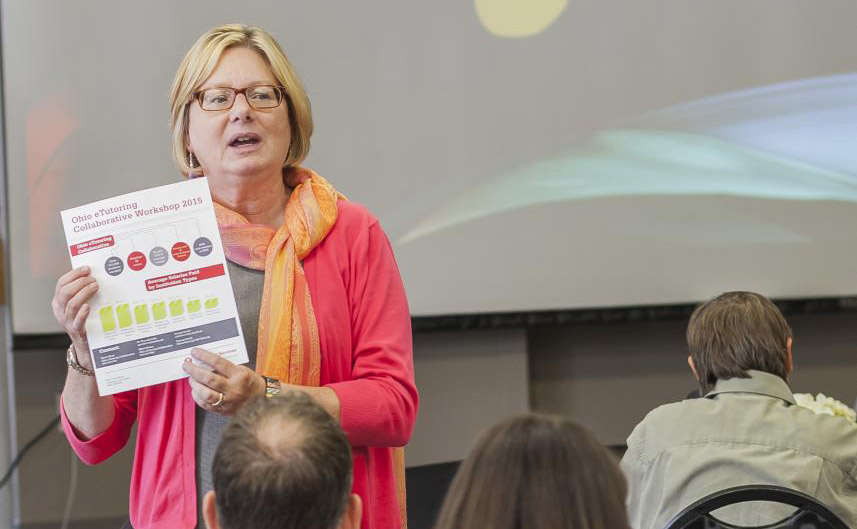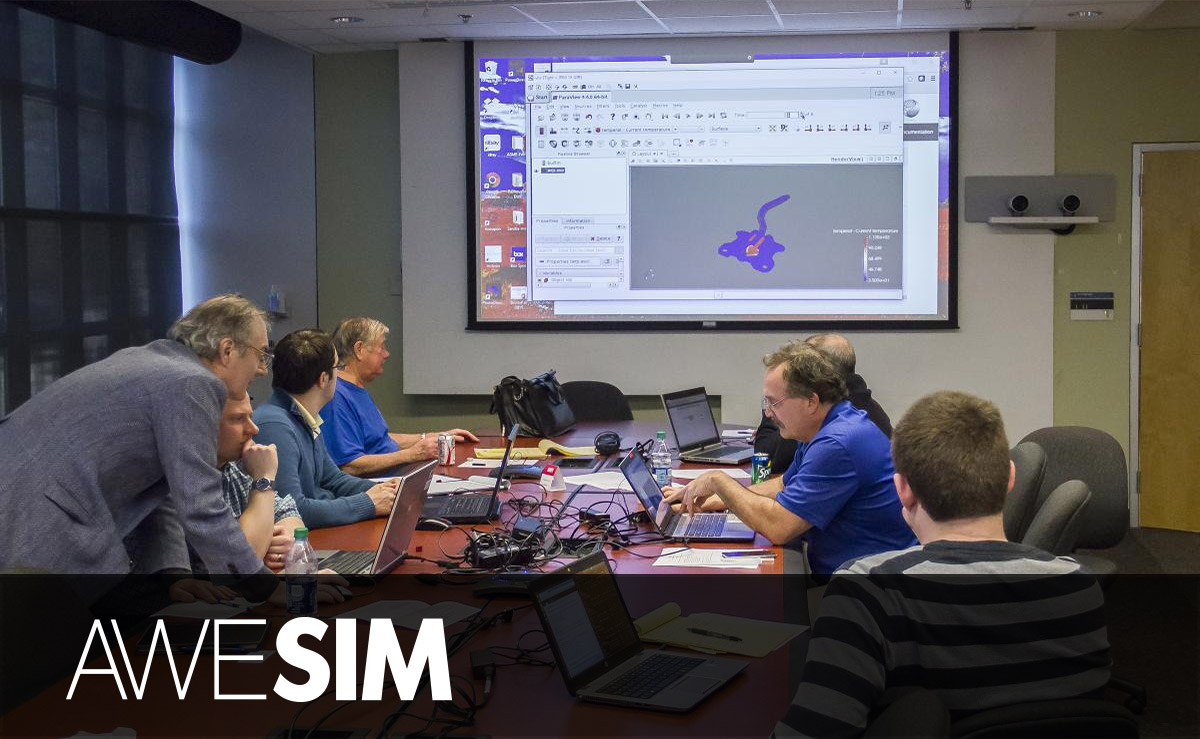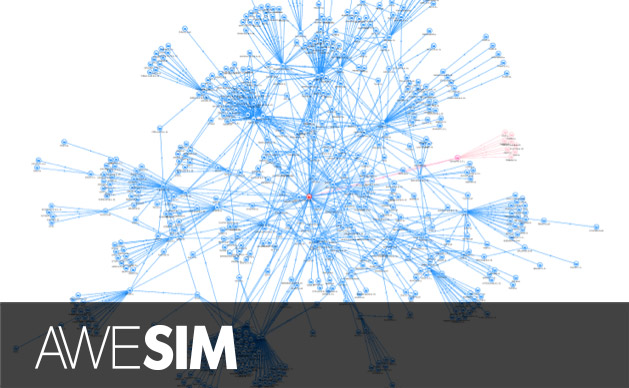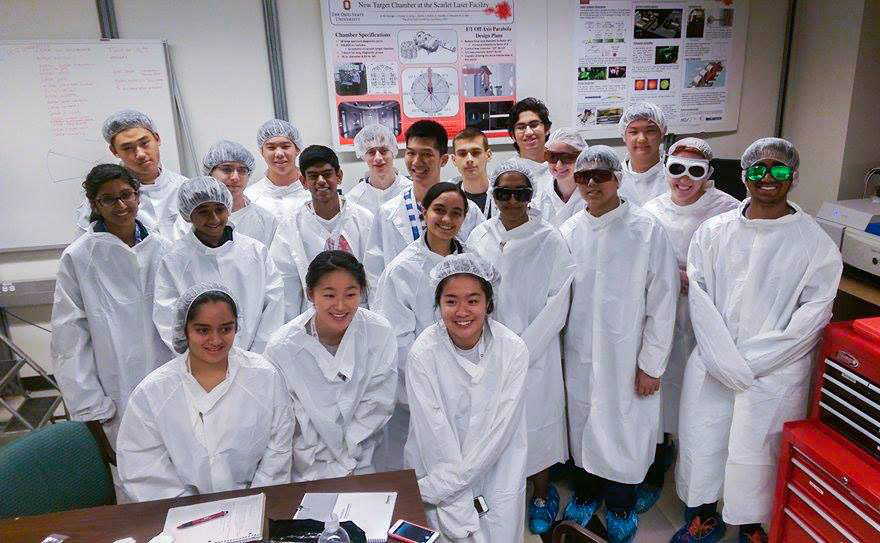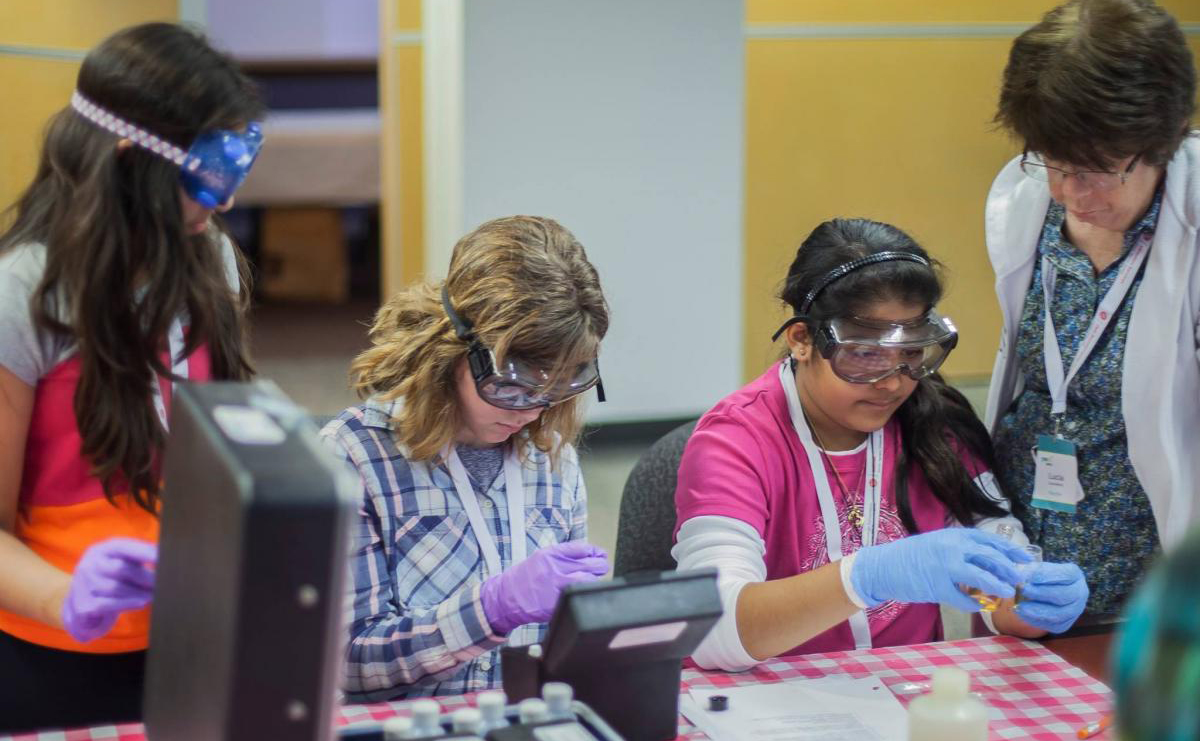
"Botnets" are essentially weapons of Internet warfare: A horde of compromised computers used in larger network security attacks. And the scary thing is your computer could be compromised and you wouldn't even know it! But there are ways you can protect yourself from these attacks and prevent your computer from becoming just another "bot."
